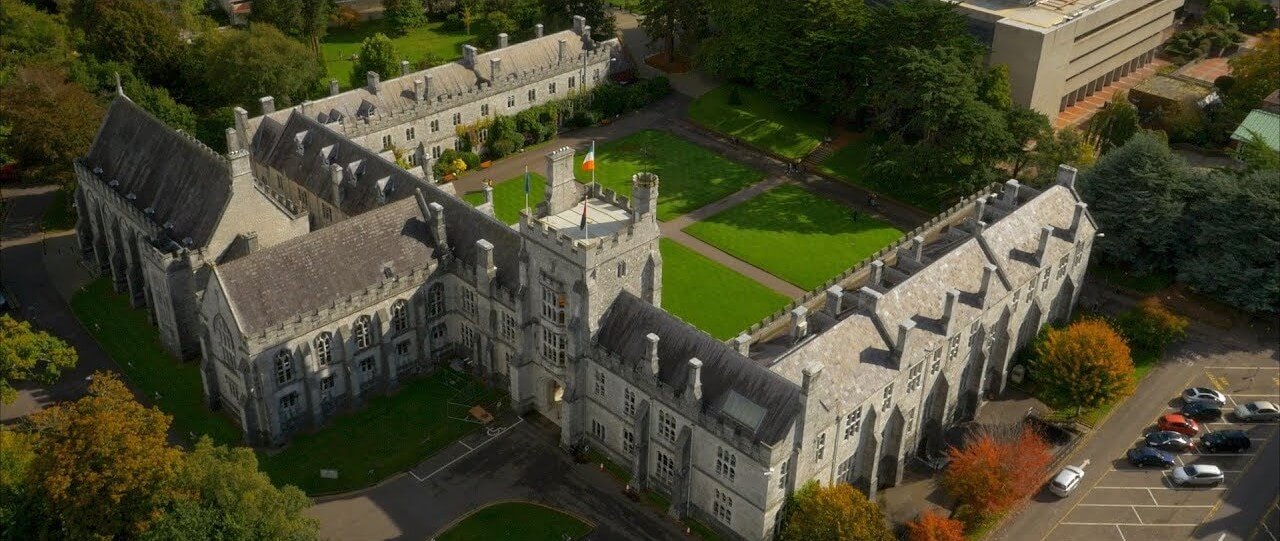PART I
Core modules (45 credits)
ST6001 Theory of Annuities-Certain for Actuarial Science (10 credits)
ST6005 Life Contingencies for Actuarial Science (10 credits)
ST6015 Computer Analytical Techniques for Actuarial Applications (5 credits)
ST6017 Application of Stochastic Methods in Actuarial Science (5 credits)
ST6020 Actuarial Business & Financial Reporting Methods (5 credits)
ST6022 Survival Methods for Actuarial Science (5 credits)
ST6032 Stochastic Modelling Techniques (5 credits)
Elective modules (15 credits)
List A (CS1 modules):
ST6003 Probability and Mathematical Statistics for Actuarial Science (10 credits) and
ST6018 Regression and Generalised Linear Model Techniques for Actuarial Science (5 credits) or
List B (CM2 modules):
ST6016 Applied Financial Risk Modelling and Analytics for Actuarial Science (5 credits) and
ST6019 Application of Computational Methods in Actuarial Science and Risk Modelling (5 credits) and
ST6023 Modelling & Risk Analysis for Actuarial Science (5 credits)
NOTE: The choice of electives must be agreed upon in advance with the programme coordinator.
PART II
Core modules (30 credits)
PA6007 Market Analysis Methods for Actuarial Science (10 credits) and
ST6009 Application of Core Technical Research Methodologies in Actuarial Science (20 credits)
Further details on the modules listed above can be found in our book of modules. Any modules listed above are indicative of the current set of modules for this course but are subject to change from year to year. You can find the full academic content in our University Calendar (Actuarial Science).
Modules
Further details on modules can be found in our Book of Modules. Any modules listed are indicative of the current set of modules for this course but are subject to change from year to year.
University Calendar
You can find the full academic content for the current year of any given course in our University Calendar.
Course Practicalities
The teaching methods include a combination of lectures, tutorials, computer practical work, and directed study. You can expect approximately 26 hours per week of lectures, tutorials, and directed study in Semesters 1 and 2 and approximately 10 hours per week of directed study in Semester 3.
Assessment
All taught modules in this course are assessed via a combination of end-of-module examination and submission of a portfolio of research and directed study.
For actuarial exemption purposes, the appointed actuarial independent examiner will base their recommendations for an exemption in the corresponding Core Principle subject, on a student's performance in the final examination
For the research module (ST6009), you will study a number of problems, specific to the insurance and financial sector, and use the methodologies developed in the earlier modules to analyse such problems and produce oral and written reports on your work.
Who teaches this course?
Our teaching staff includes academics from the School of Mathematical Sciences, qualified actuaries, leading mathematicians, financial mathematicians, and statisticians who are nationally and internationally recognised for their research. This expertise ensures that what we teach you is current and applicable to the real workplace and current economy.
Show less 

